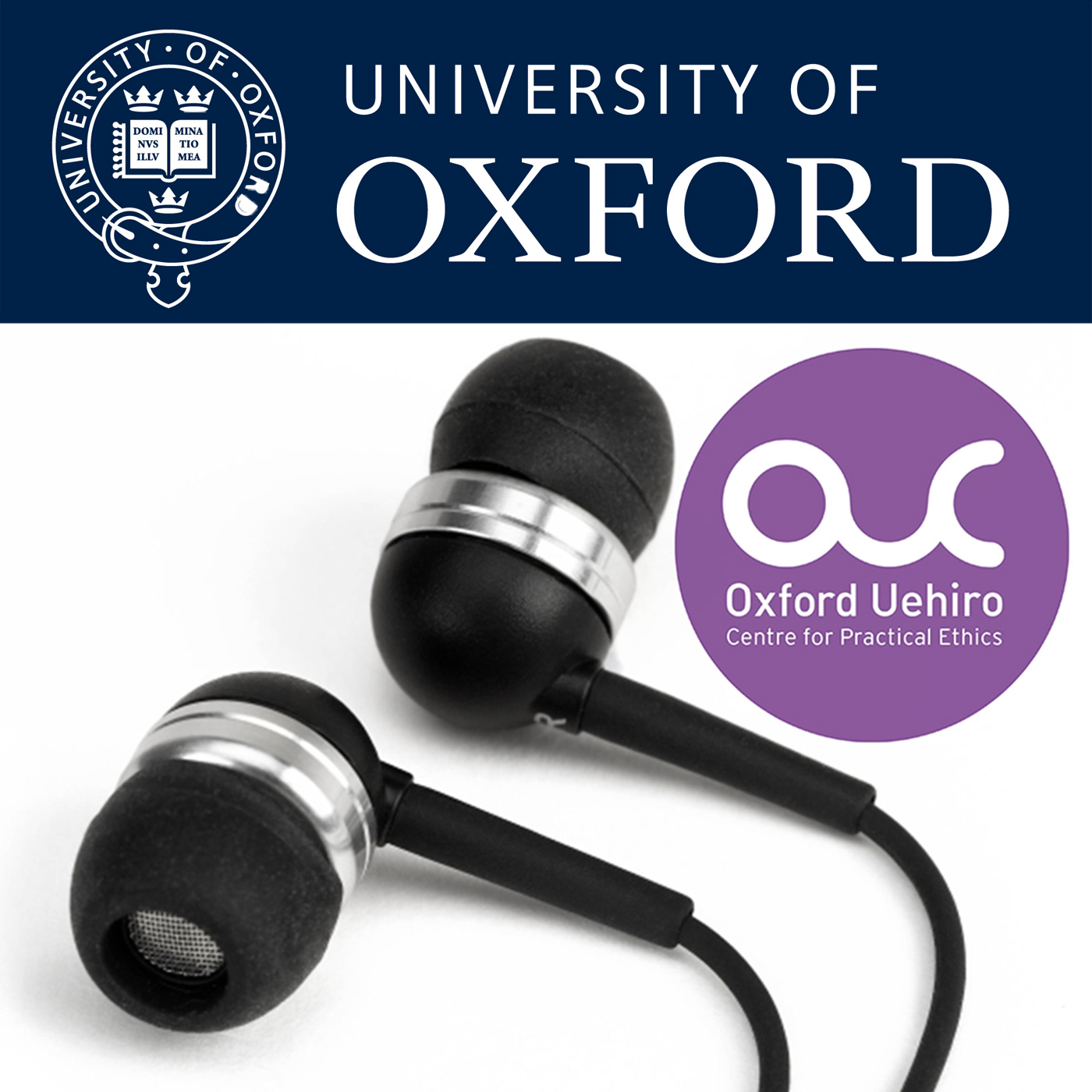The Neuroscience of a Life Well-Lived
Description
Professor Morten L. Kringlebach explains how recent advances in neuroimaging offer an insight into hedonia and eudaimonia, and draws out implications for neuropsychiatric disorders. Recent advances in whole-brain modelling have helped stratify the heterogeneity of anhedonia across neuropsychiatric disorders, and the key underlying components of the pleasure network. I will show how modelling of neuroimaging data from diverse hedonic routes such as psychedelics, meditation and music could potentially offer new insights not only into hedonia but potentially also eudaimonia. To this end, we have recently demonstrated the hierarchical organisation of consciousness in over thousand people, and the crucial role played by rare long-range exceptions to a fundamental exponential distance rule of brain connectivity. These processes are controlling the information cascade in the turbulent-like brain dynamics necessary for optimal orchestration of behaviour necessary a life well-lived. This has direct implications for getting a handle on eudaimonia and well-being which are difficult to study empirically, as well as the diagnosis and treatment of anhedonia in neuropsychiatric disorders.
Professor Morten L. Kringlebach (Aarhus University, Denmark; University of Oxford)
THE NEW ST CROSS SPECIAL ETHICS SEMINARS ARE JOINTLY ARRANGED BY THE OXFORD UEHIRO CENTRE AND THE WELLCOME CENTRE FOR ETHICS AND HUMANITIES (WEH).
More Episodes
Professor Predrag uses a comparison of money and morality to explore the mutual relationship between morality and personality. To clarify the tension that exists between morality and personality, Cicovacki opens his talk by comparing the development of the money economy and morality. Money and...
Published 11/09/23
Professor Mark Coeckelbergh considers whether AI poses a risk for democracy n this St Cross Special Ethics Seminar Cases such as Cambridge Analytica or the use of AI by the Chinese government suggest that the use of artificial intelligence (AI) creates some risks for democracy. This paper...
Published 03/13/23
Published 02/02/23


